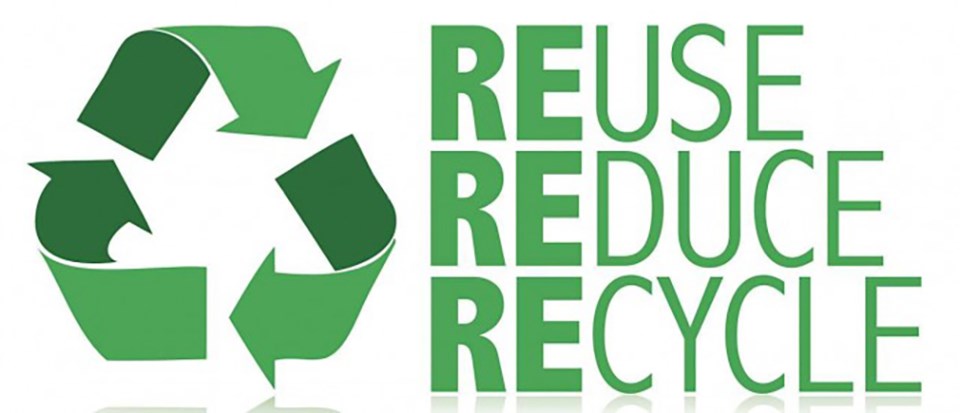COLD LAKE - The City of Cold Lake has been awarded the contracts to manage curbside and depot recycling services under Alberta’s new Extended Producer Responsibility (EPR) regulation.
The EPR regulation, which came into effect in November 2023, shifts the financial responsibility for recycling from municipalities to the producers of the recyclable materials, such as single-use plastics, paper, and packaging. These producers are represented by the not-for-profit organization Circular Materials.
“We are proud to have won this first phase of the contract as it signals that the City is running an efficient and cost-effective operation,” said Mayor Craig Copeland. “A big thanks goes out to the staff who provide the service and who helped put the bid together. Winning the confidence of private industry is a strong sign of support for the City’s operation.”
The City of Cold Lake’s successful bid allows it to manage Phase I of the program until Sept. 30, 2026. The contract includes curbside recycling collection, depot locations, and operations at the City’s Material Recovery Facility (MRF). The City is already preparing a bid for Phase II, set to begin Oct. 1, 2026.
No changes to residents’ utility bills are expected.
According to CAO Kevin Nagoya, the EPR program represents a shift in how recycling services are funded and delivered.
“Recycling materials collected from residents registered in the EPR program have the financial burden of recycling single use plastics, paper, and packaging shifted onto the companies that produce them,” Nagoya said.
He explained that while residents won’t see immediate changes in the way their recycling is collected, the operational side of the program is undergoing updates to meet new provincial standards.
“Up until now, recycling programs and related service levels have been up to the municipality, but with new provincial regulations, the City will follow the EPR service levels and is contracted to deliver the service for residential recycling. Commercial businesses or material received in our material recovery facility not from residential collection is not covered under the program,” Nagoya stated.
The first phase of the EPR program covers materials already collected prior to April 1, 2025, and will continue unchanged until at least October 1, 2026. However, the range of accepted materials may be adjusted in future phases.
For residents, the experience will remain largely consistent through the transition.
“From now until September 2026, residents are unlikely to see a difference in the service levels provided for curbside recycling collection and the drop-off locations. Should anything change in the program, ERP will communicate to their contractors across Alberta,” he said.
However, Nagoya outlined several operational changes that are now required under the EPR program. While residents are unlikely to notice the changes, the City of Cold Lake’s recycling operations will undergo several behind-the-scenes adjustments under the new EPR contracts.
Collection vehicles must now make multiple weigh scale trips to separately track paper, cardboard, and plastics.
At the Material Recovery Facility, all materials must be stored and baled by type and origin. Residential and commercial materials can no longer be mixed.
Outbound shipments will also need to be separated, leading to longer on-site storage. Additionally, materials must be sampled and tested, and detailed reporting will be required to meet contractual obligations.
“No changes are being made while we transition and until we have clear understanding of the program, services, and community expectations,” noted Nagoya.



